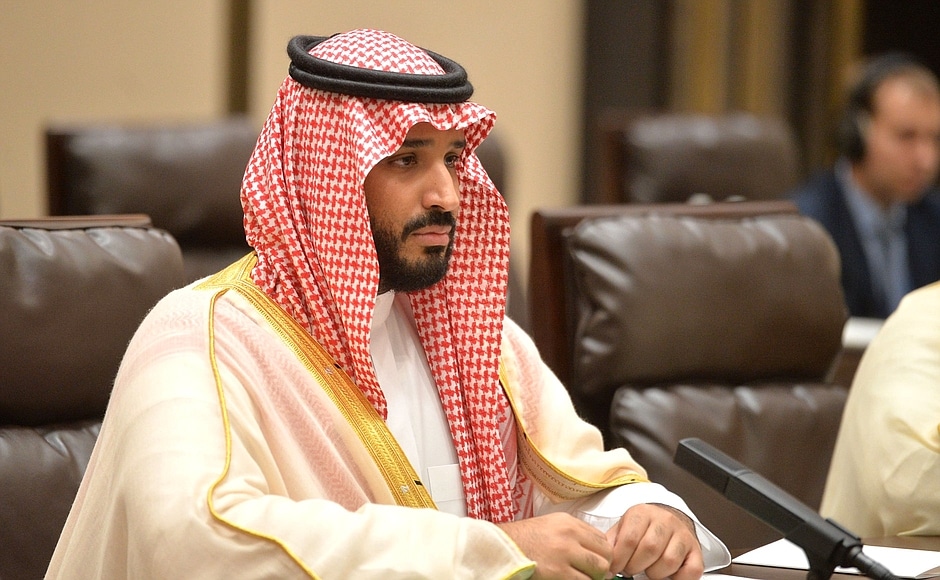Crown Prince Mohammed bin Salman pledges to achieve net zero carbon emissions in Saudi Arabia by 2060 but will maintain to be a leading producer of oil and gas.
—
What is Happening?
- Saudi Arabia’s Crown Prince Mohammed bin Salman announced a goal to reach net-zero by 2060, but refused to give up fossil fuels as part of the country’s climate plan.
- The country will also join a global pact to reduce methane emissions by 30% by 2030.
Saudi Arabia, the world’s largest oil exporter, has pledged to cut carbon emissions to net zero by 2060, but will continue its reliance on fossil fuels, Crown Prince Mohammed bin Salman announced in a speech on Saturday, October 23.
The pledge comes just a little more than a week away from the crucial COP26 summit, where Saudi Arabia has been facing global pressure to commit to more ambitious climate goals and action to reduce its carbon emissions, to help curb the effects of climate change. The oil producing giant has the highest per-capita emissions among G20 countries.
To achieve net zero, Prince Mohammed said the kingdom would invest 700bn riyals (USD$187bn) to reduce carbon emissions by 278 million tonnes annually by 2030, and to adopt a carbon circular economy. This would include a varying range of technologies such as carbon capture and storage, direct air capture, as well as hydrogen and low-carbon fuels.
Saudi Arabia has also pledged to reduce its methane emissions, which is an even more potent and warming greenhouse gas than carbon dioxide, and announced it will be joining a US and EU-led pact with 35 other countries to cut methane emission by 30% compared to 2020 levels, by the end of the decade.
However, Prince Mohammed said the country cannot reach the 2060 target without fossil fuels. It can only be achieved while “preserving and reinforcing the kingdom’s leading role in the security and stability of global energy markets, with the availability and maturity of required technologies to manage and reduce emissions. ”
The world “cannot operate without fossil fuels, without hydrocarbons, without renewables… none of these things will be the saviour,” echoed Saudi Arabia’s energy minister Abdulaziz bin Salman Al Saud at the Saudi Green Initiative Forum. “It has to be a comprehensive solution.”
Given that many parts of the world are currently facing fuel shortages and energy price surges, which have been exacerbated by transport difficulties amid the COVID-19 pandemic, Saudi Arabia and its allies in the Organization of Petroleum Exporting Countries are keen to keep their stronghold on their position as a global oil exporter.
“The world has sleepwalked into the supply crunch,” Sultan Al Jaber, minister of state for the United Arab Emirates and chief executive officer of Abu Dhabi National Oil Co., said during a panel discussion at the forum. “We cannot underestimate the importance of oil and gas in meeting global energy demands.”
You might also like: Saudi Vision 2030: What are Saudi Arabia’s Plans for the Future?
Featured image by: Wikimedia Commons


















